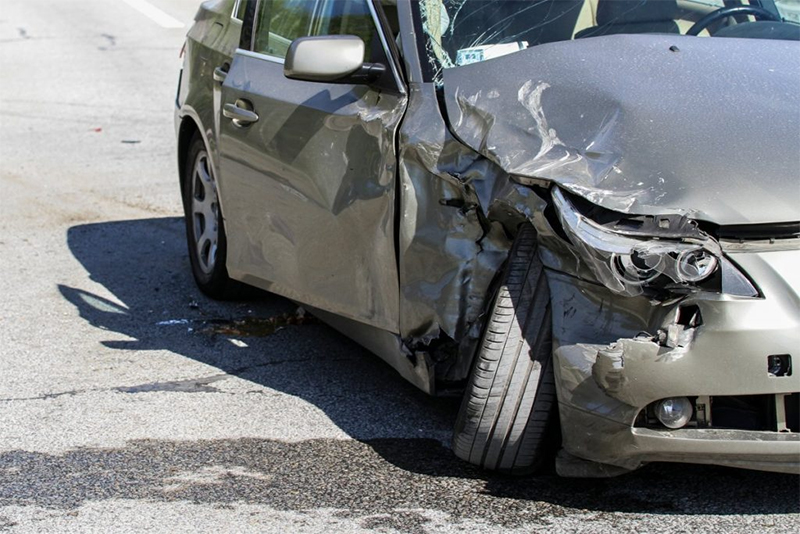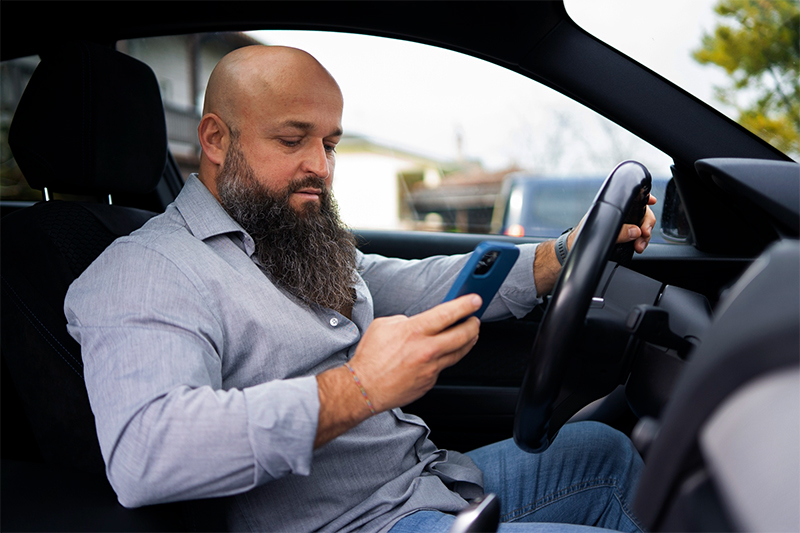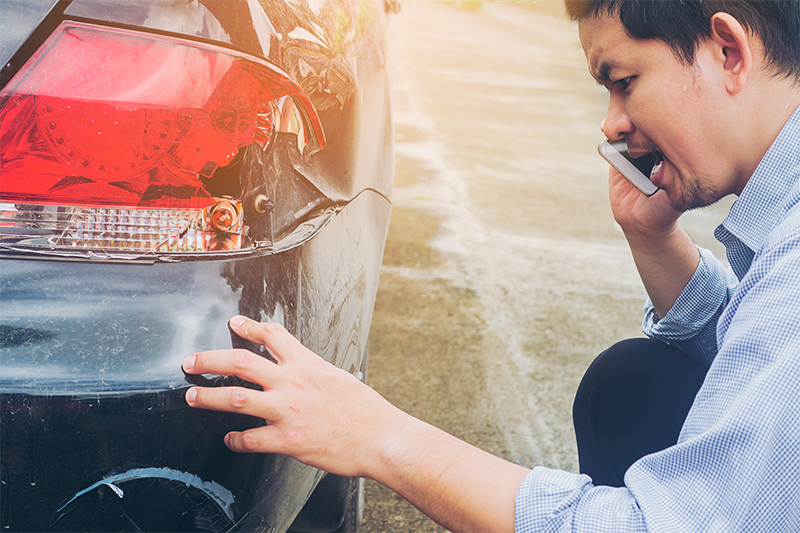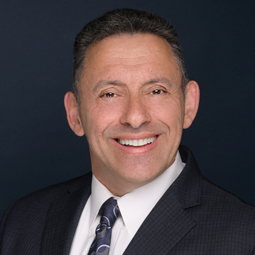Have you ever had a feeling that you’re helpless?
That someone who has caused trouble for you will never be accountable for causing you harm? Maybe you’ve run into one of these situations on the freeways of Portland.
That’s the feeling that many people in Portland, Oregon, have had after being involved in phantom car accidents. A phantom car accident is similar to a hit-and-run accident in which the at-fault driver leaves the scene without providing their information.
In the case of a phantom car accident, a vehicle involved causes another vehicle to crash without making any contact and leaves the scene of the accident and the subsequent accident investigation [1].
Here we will explore the psychology behind these events, and shed light on the legal implications they carry in the city of Portland.
Common Characteristics of Phantom Accidents
Phantom car accidents exhibit common characteristics that drivers in Portland, Oregon, should be aware of:

What Circumstances to Phantom Car Accidents Occur in?
Phantom accidents can happen anywhere and at any time. However, they are more common in certain situations, such as:
Who is Most Likely to be Involved in a Phantom Car Accident in Portland?
Phantom car accidents in Portland, Oregon, can affect anyone on the road, but certain demographic and driver characteristics are more likely to be involved.
Understanding the demographic and driver characteristics that are most likely to be involved in phantom car accidents can help raise awareness and promote safer driving habits in Portland, Oregon.

Steps to Take After a Phantom Car Accident
After a phantom car accident, there are several steps you should take to protect yourself and ensure a smooth accident claim process.
Stay calm and assess the situation: If you are injured, call 911 immediately for medical treatment. If you are able, check on the other occupants of your vehicle and any other vehicles involved in the accident.
Move to a safe location: If you can drive, move your vehicle to a safe location off the road. If you are unable to drive, stay in your vehicle and wait for help to arrive.
Exchange information with any witnesses: If there are any witnesses to the accident, get their names and contact information. This information can be helpful if you need to file a claim with your insurance company or sue the at-fault driver.
File a police report: Even if the at-fault driver has left the scene, it is important to file a police report. This will create a record of the accident and may help you to track down the at-fault driver later.
Take photos and videos of the accident scene: If you are able, take photos and videos of the accident scene and any damage to your vehicle. This documentation can be helpful if you need to file a claim with your insurance company or sue the at-fault driver.
Contact your insurance company: If you have uninsured motorist coverage, you may be able to file a claim with your insurance company. Uninsured motorist coverage can help to pay for your medical expenses and other losses if you are injured by an uninsured driver [2].
Contact an attorney: An experienced personal injury attorney can help you understand your legal rights and options and can represent you in court if necessary.
Steps following a phantom car accident are similar to those for a regular accident.
Damages Recoverable After a Phantom Vehicle Crash
Damages recoverable after a phantom vehicle crash in Portland, Oregon, may include:

The specific damages recoverable in a phantom vehicle crash case in Portland, Oregon, will depend on the circumstances, the extent of your injuries, and the applicable laws in the state.
Phantom car accidents can be a devastating experience, both physically and emotionally. Victims may be left with severe injuries, medical bills, and lost wages. They may also experience emotional trauma, such as anxiety, depression, and post-traumatic stress disorder (PTSD) [3].
You can contact us at Goldberg & Loren for a free consultation to explore your legal options; this can be the beginning of your journey to getting fair compensation for the losses you have suffered.
Sources:
[1] Phantom Vehicle accident| Kemper. (n.d.). https://www.kemper.com/what-is-a-phantom-vehicle
[2] Metz, J. (2023, September 8). What Is Uninsured Motorist Coverage? Forbes Advisor. https://www.forbes.com/advisor/car-insurance/uninsured-motorist-coverage
[3] How to Cope with Trauma After an Accident. (n.d.). Anxiety and Depression Association of America, ADAA. https://adaa.org/learn-from-us/from-the-experts/blog-posts/consumer/how-cope-trauma-after-accident

